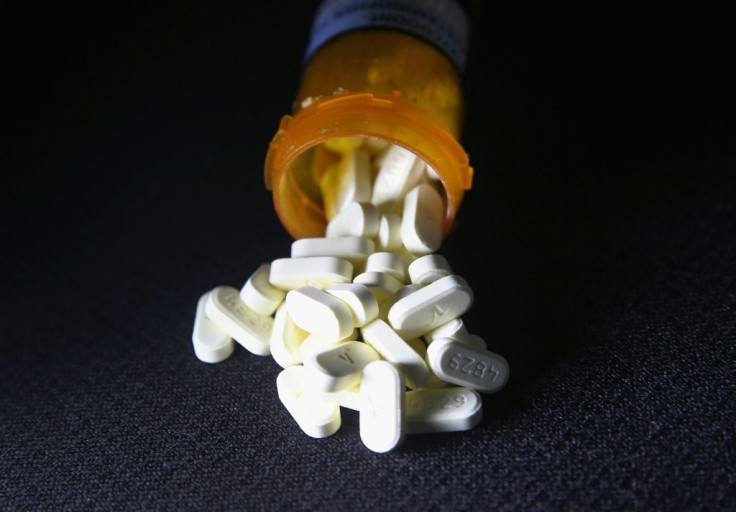US Suit Against Opiod Drugmakers Opens In West Virginia
US drug companies face hundreds of millions of dollars in damages for fomenting opioid addiction as a trial opened Monday in West Virginia, one of the states most devastated by the epidemic.
Leading pharmaceutical makers and distributors, including bankrupt Oxycontin pioneers Purdue Pharma, drugs distribution giant AmerisourceBergen, and top pharmacy chain CVS, are accused by the city of Huntington and its surrounding county of pumping highly addictive painkillers into the state, stoking a widespread addiction and overdose crisis that continues today.
More than 400,000 people have died of overdoses across the country since the early 2000s, when producers of prescription drugs like oxycodone and hydrocodone ramped up sales through pharmacies and doctors with few controls.
West Virginia had the highest rate of addiction in the country, with overdose deaths almost triple the national rate.
"Between 2006 and 2014, manufacturers and distributors of prescription opioids have showered the state of West Virginia with 1.1 billion hydrocodone and oxycodone pills," the lawsuit charges.
"The massive over-shipment amounts to 611 pain pills for every man, woman and child in the state."
One of over 3,000 similar lawsuits around the country, the Huntington case has become the focus of national efforts to make the companies pay for the social and medical costs of the addiction epidemic.

An earlier lawsuit in Cleveland, Ohio failed to lead to a universal settlement, putting the focus on Huntington.
In the Cleveland suit, the leading defendants -- McKesson Corp., AmerisourceBergen, Cardinal Health and Teva Pharmaceuticals -- agreed in a negotiated deal to pay two counties $260 million.
That avoided allowing a federal judge to make the decision, which could have served as a template for all of the other claims by cities, counties, and Native American groups -- claims that add up to tens of billions of dollars.
The drugmakers and pharmacy chains blame the epidemic on doctors who overprescribed the drugs, fuelling a massive black market for some 15 years that was only brought under control beginning in 2015.
But the federal government has prosecuted and jailed or fined hundreds of doctors, pharmacies and drug producers for everything from trafficking to poor controls on opioid distribution.
Since controls on legal opioids were tightened, many people whose addiction began with prescription drugs have turned to illegal heroin and fentanyl, prolonging the epidemic, which worsened during the Covid-19 shutdown.
The US Centers for Disease Control estimates total overdose deaths last year at about 90,000, nearly three-quarters of them involving opioids.
© Copyright AFP 2024. All rights reserved.







